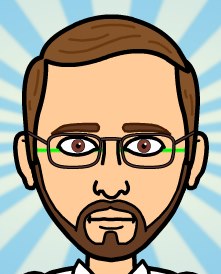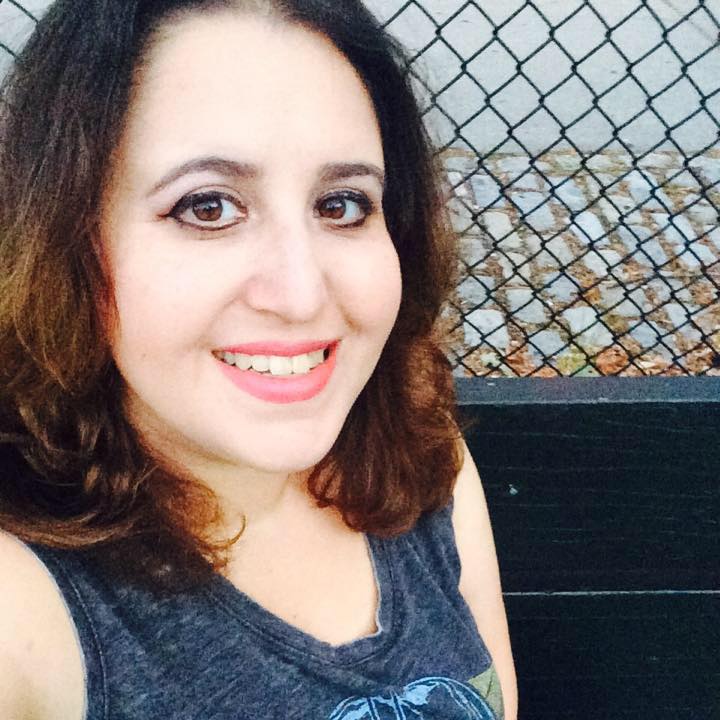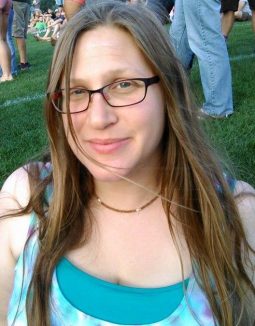Category: Personal Stories
-

Yoni’s Story (Part 3 of 3)
What was it like for you to lose your faith? It was very difficult for me to lose my faith. I really did enjoy every aspect of being frum. I enjoyed learning and davening. I liked the frum look. When I was growing up I dreamt of having sons with long, curly payes. I liked…
-

Yoni’s Story (Part 2 of 3)
Yoni’s Story (Part 1 of 3) When did your doubts come back again? In my late twenties, I used to help my Kollel by writing fundraising newsletters. Thus, I had access to the Internet in the Kollel’s office. In my down time, I would read anything I found online remotely connected to Judaism or Charedim.…
-

Yoni’s Story (Part 1 of 3)
Yoni is a 36-year old social worker. He lives with his wife and seven children in a hassidic community somewhere in Israel. Yoni is not a believer anymore. Could you tell us something about your religious background? My family was officially very Litvish/Yeshivish. My grandfather studied at the great Litvishe yeshivos before the Holocaust, and…
-

Shimra’s Story
Shimra is 36 years old and lives with her husband Aaron and 3 children in Brooklyn, NY. She is a graphic artist and nowadays defines herself as an Agnostic Deist. She is somewhat of a celebrity in the Off The Derech Facebook group. Hi Shimra, welcome to this interview. Why don’t you start by telling…
-

Daniel Rosenberg’s Story
Daniel is 29 years old and lives with his Orthodox Jewish wife Raquel and four children in Louisville, Kentucky. He is an associate actuary and nowadays defines himself as an atheist. Could you describe the religious environment you grew up in? As some quick background, my family moved us to Zurich, Switzerland when I was…
-

The Story of Rebecca M. Ross
Rebecca M. Ross is a writer, teacher, playwright, blogger, and community activist. She lives with her husband, four children, and very large dog in the Hudson Valley. She loves coffee, Phish, and making people laugh. Hi Rebecca! I am thrilled to interview you today. You are a longstanding friend of mine on the OTD online…
-

Becoming Acher by I.M. Acher (part 3 of 3)
Chapter 5: Denial; Not Just a River in Egypt. The conversation that woke me up to how far I had fallen off the path. He called himself Rabbi E. He stood outside the store trying to convince people to sign up for Birthright. He had been doing so for several years now. I’ve walked by…
-
Becoming Acher by I.M. Acher (part 2 of 3)
Chapter 2: Elisha dies, Acher’s Inception And [Jesus] said to them, “The Sabbath was made for man, and not man for the Sabbath. Therefore, the son of man is also the Lord of the Sabbath.—Mark (2:26-7, NKJV). Washington Heights, Summer of 2002. People often wonder what caused me to become such a heretic. There…
-
Becoming Acher by I.M. Acher (part 1 of 3)
Genesis The following is the three chapters (1, 2 and 5) of my memoir, tentatively titled I Am Acher. Some of the material has already appeared on my blog, I Am Acher. While the market already is saturated with plenty of OTD memoirs, many of which are more interesting and gut-wrenching than my story, I still…
-
Shana’s Story
Shana is in her forties, mother of five and lives with her partner in the tri-state area. She is a writer and an English teacher. Hi Shana. On your Twitter account (details below), you describe yourself as as “Survivor of ultra-orthodox Judaism, atheist, lesbian, liberal, author of The Sins of Our Daughters: A Memoir.” Which…
